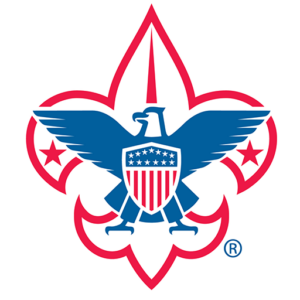
We are making improvements to this site
Troopleader.scouting.org is being migrated with the troopresources.scouting.org site. The site is planned to re-launch in early May.
Want to be alerted when this site is back live?
Subscribe to receive email updates about future content and features!